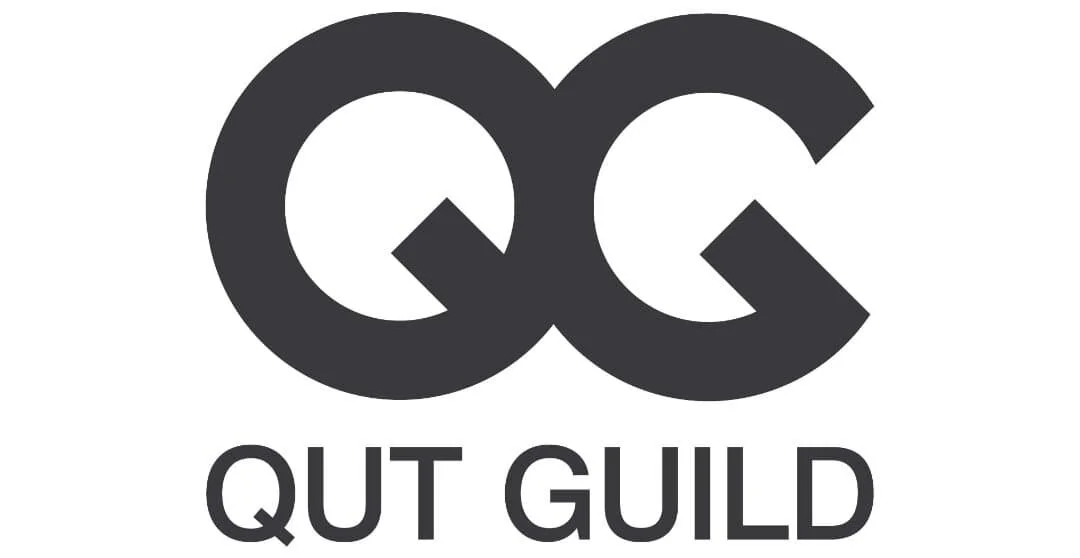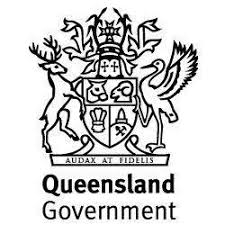The Pillars of Good Governance: Insights from a CPR Group Recent Poll
Good governance is crucial for the effective functioning of any organisation, whether you are a sporting club, charity or community group. Good governance ensures transparency, accountability and the implementation of sound policies that benefit all involved. To delve deeper into the subject, CPR Group conducted a poll to identify the most important aspects of good governance, from our client’s perspective. The results provide valuable insights that shed light on the key pillars of successful governance. In this article, we analyse the poll results and discuss the significance of each aspect.
Sound Policies and Procedures: The Backbone of Effective Governance
According to the poll, 30% of respondents identified sound policies and procedures as the most crucial aspect of good governance. Sound policies ensure consistency, fairness and effectiveness in decision-making, allowing organisations to operate efficiently and serve their management committee and members' best interests. These results reinforce the idea that robust policies and procedures are the backbone of effective governance.
The Role of a Well-Functioning Board
A well-functioning board or management committee plays a pivotal role in driving good governance. This aspect received the highest support with 52% of respondents acknowledging its significance. A board’s composition, diversity, expertise and ability to work collaboratively are critical factors in ensuring effective decision-making, strategic planning and oversight. A competent board with strong leadership fosters an environment of trust, transparency and accountability, which are essential for good governance.
Training the Board - Upskilling and Nurturing Competence and Expertise
Training the board or management committee received recognition from 12% of poll respondents. This aspect highlights the importance of providing ongoing training and professional development opportunities for board members and paid staff. Continuous education equips members with the knowledge and skills required to navigate complex governance challenges, stay up to date with regulations and make informed decisions. Investing in training and mentoring helps enhance the overall effectiveness and performance of the board, thereby improving governance outcomes.
The Role of an Up-to-Date Constitution
Lastly, an up-to-date constitution was also voted as the priority by many respondents. A current and compliant constitution serves as a governing document, outlining the organisation's structure, roles, responsibilities and decision-making processes. Regularly reviewing and updating the constitution ensures that it remains relevant and adaptable to changing circumstances. An up-to-date constitution provides a strong foundation for governance by acting as a guiding framework for decision-making.
Good governance encompasses various essential elements and our poll shed light on some of the most critical aspects. Sound policies and procedures emerged as one of the frontrunners by our clients, emphasising the importance of establishing robust guidelines for effective decision-making. The significance of a well-functioning board or management committee was acknowledged, as it drives governance processes and fosters accountability. Training the board helps nurture competence and expertise, enhancing overall governance effectiveness. Lastly, an up-to-date constitution provides a solid foundation for governance, ensuring alignment with the organisation's goals and values.
CPR Group believes that all four pillars are required for overall good governance. However, without an up-to-date constitution that meets regulatory requirements, a non-personalised constitution can hinder the board’s successful journey to good governance.
Understanding the key aspects of good governance allows organisations to prioritise their efforts and create a culture of excellence, diversity and inclusion. By focusing on all of these pillars, organisations can cultivate an environment of transparency, accountability and sound decision-making, leading to long-term success and sustainability.




























